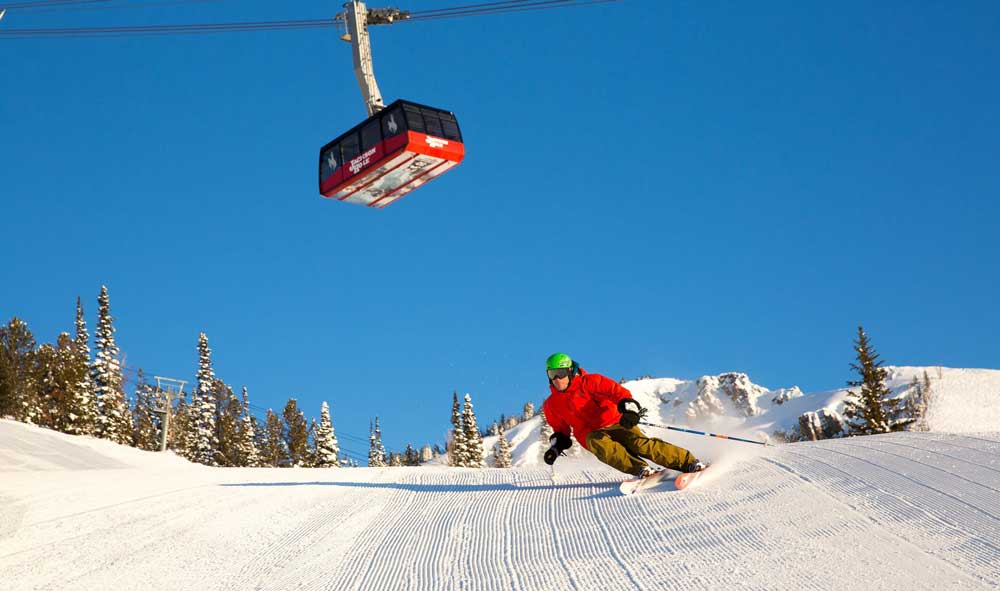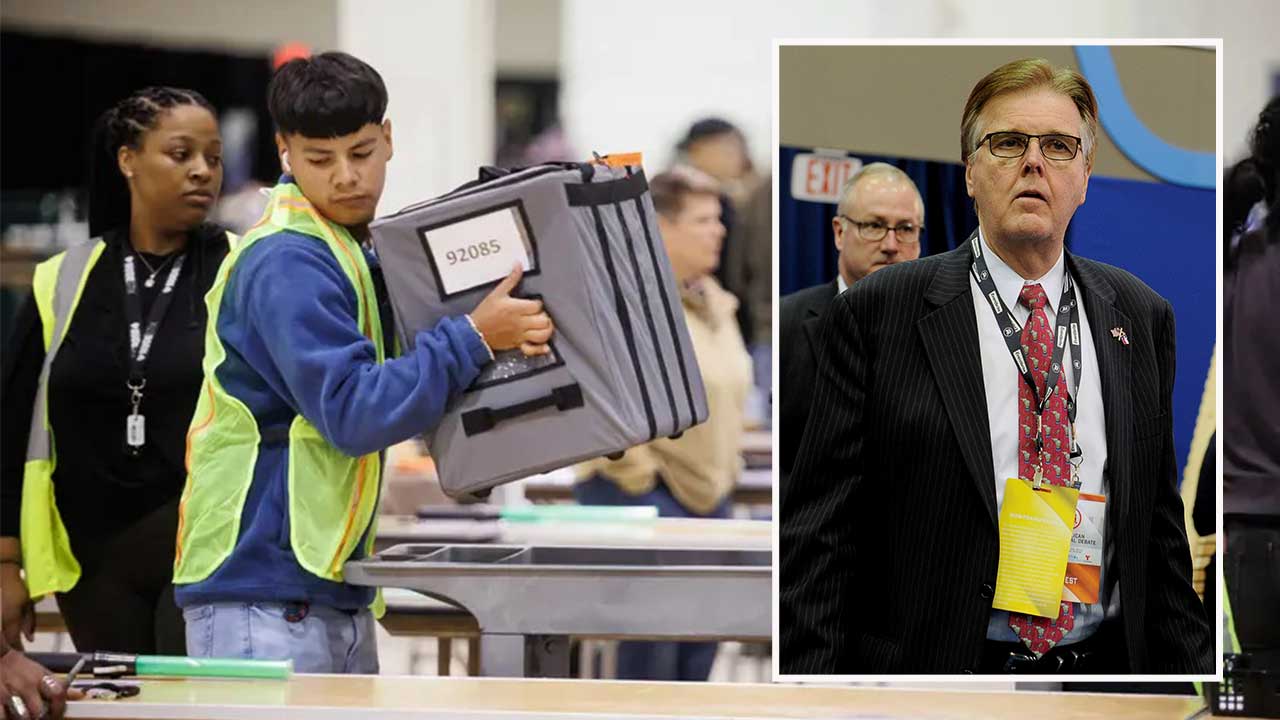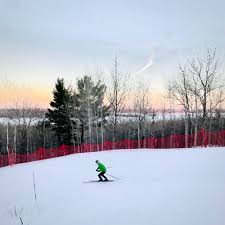
Formula One is the highest level of international racing for single-seater open-wheel formula racing cars. Formula One is sanctioned and sanctioned by Federation Internationale de l'Automobile. It includes several races known as Grand Prix, which are held throughout the season in different parts of the world.
Points earned at Grand Prix contribute to the Drivers’ and Constructors’ Championships. Both drivers and teams compete for these points throughout the season. Drivers are awarded points based in their finishing positions. If drivers change teams between races these points will be added into their new team's points.
The FIA regulations govern the design of the car as well as its aerodynamics. They also require that the car be over a specific weight, width, height.
A tank must be large enough to hold enough fuel to allow for the entire race. This is accomplished by a system that includes tanks and engines. These can be adjusted to adapt to fuel needs.

While engine specifications may vary from one season to the next, most fall within the 1.6-litre range. These turbocharged V6 engines produce between 1,300 to 2,400 bhp.
Formula 1 started with the same engine designs as road cars. The FIA tightened the rules to limit the size of turbocharged engines as more manufacturers developed them than road car customers.
Many of the same aerodynamics devices had been banned previously for use on road cars, but were now allowed to be used in Formula One cars. One of these was ground effect aerodynamics. It allowed the car accelerate faster than the rest by exploiting the effects on the track surface.
Active suspension was also banned. This allows the car's ground to be lifted off the ground, allowing it to run at higher speeds than without it. Despite its popularity this technology was not recommended for all situations.
HANS has improved safety in Formula One. This system stops the driver falling out of the car and regains control of the car by controlling the vehicle's steering force.

The HANS system protects drivers from vibrations during engine turn-off and can decrease the car's speed to prevent collisions. In addition, the FIA has introduced electronic brakes to allow cars to stop at a fraction of their normal braking distance.
Formula One's Stewards are responsible for applying penalties and enforcing rules. They work under the race director and analyze each incident that may occur to make decisions about what should happen next.
If a racer crashes, for example, the stewards could order them to start at the last place on the grid and penalize the driver with points. Formula 1 Formula 1 is a powerful sport, and the stewards may decide which car should be penalized.
FAQ
What should you bring on vacation?
It is important to plan what you will do during your vacation. Not just packing clothes. Also, think about where and how long your stay there.
The first thing you need to do is think about what types of activities are most appealing to you. If you plan to visit exotic locations, you might consider scuba diving. You might also want to participate in local festivals and events if you plan to stay longer.
Tell your loved ones if there are any health concerns so they can plan for you.
Do I need travel insurance?
Travel insurance is important if your plans include adventure travel. In fact, you should make sure that you get cover for all types of adventure sports.
If you plan on skiing, make sure that you have health insurance. You should also think about getting coverage for theft loss and damage.
Cover for cancellation should be considered. This means that you can cancel your holiday without paying any penalties.
In addition, you should ask for cover for emergency evacuation. This includes being taken off the mountain in case of an avalanche or other natural disaster.
What can I pack in my bag?
You should always have at least two pairs of shoes. You should have at least two pairs of shoes for your daily walks in the city, and one pair to take on vacation.
Make sure you have enough clothes to cover both. If you are traveling by plane, you need to make sure you have an extra shirt, pants, underwear, and socks.
It's a good idea to bring along some clothes for longer stays. This will ensure that you don't feel awkward while shopping for new outfits.
If you're taking a bus or train, you'll need to bring some comfortable shoes. You'll also need to bring a spare set if you are driving.
Also, remember to bring plenty of toiletries, such as shampoo, toothpaste, moisturizer, deodorant and toothpaste.
You'll also need a flashlight and an insect repellent.
You can put all of these items into one bag, rather than trying to stuff them in several bags. By doing so, you can save time and space.
Also, be sure to take a small washcloth and towel. You'll be able to use them when you take a shower after a long day.
How can I travel light and how do I get there?
There are no right or wrong answers when packing for a vacation. These tips will help guide you in choosing what to bring on your trip.
-
Only bring what is necessary.
-
Only bring what you plan to actually wear.
-
Do not buy too many.
-
Check your suitcase for space.
-
Always double-check to make sure that everything is in your bag.
-
Make use of the free storage facilities
-
Instead of purchasing bottled water, use reusable water bottles.
-
Use a backpack to carry your stuff instead of a bag.
-
When possible, walk or cycle instead of taking public transport.
-
The right size bag is important.
-
Avoid carrying heavy objects.
-
You should be prepared for every eventuality
-
Nothing should be left behind
Statistics
- Pack sweaters, jackets, and underwear in reusable compression bags creating up to 75% more space in your luggage. (wikihow.com)
- No Checked Bags: No Alcoholic beverages with more than 70% alcohol (over 140 proof), including grain alcohol and 151 proof rum. (tsa.gov)
- They're also likely to offer babysitting services, in case you'd like to have dinner one night after 7 p.m. (travelandleisure.com)
- You can use compression sacs or cubes to reduce the volume of your clothes by up to 80%—this is especially convenient for bulky items such as sweaters and jackets. (eaglecreek.com)
- That's an 18% jump from 2019, the previous record year. (travelandleisure.com)
External Links
How To
How to plan for your next vacation
Planning a trip requires many things, such as booking flights and hotels, car rentals, activities, and so on. You must also consider your budget, destination, weather forecast, and other important factors.
These are important points to remember when planning your next vacation.
We have prepared a step-by, step guide to help with your next vacation planning. This guide is based on customer feedback and our experience. We hope you find this guide helpful and easy to follow when planning your next vacation.
Steps:
-
Plan your Budget. This is one of the most important steps to prepare for a trip. Before you start to think about where to go or what to do, it is important to determine how much money you have available for your trip. In the event that you don't have enough cash, you might need to cancel your plans.
-
Book Your Flights. After you have decided on your budget, book your tickets. Make sure you choose the best flight deal available at the lowest price. Check to see if there are any seasonal specials offered by airlines. These deals could save you a lot of money.
-
Select Your Destination - After you have booked your flight, you will need to choose where you want to travel. Numerous factors go into choosing your destination.
-
Find Accommodations - After choosing your destination, the next step would be finding accommodations. There are many choices for accommodation. You can choose from affordable hostels or luxury suites. Choosing the right type of accommodation depends on your needs and preferences. A hotel is not the best choice if you want to be close to the city centre. You may prefer quieter areas away from the crowds and a homestay could be better suited for your needs.
-
Select Activities and Attractions - Now is the time for you to choose the attractions and activities that you want to include in your itinerary. Depending on the length of your stay, you can either choose only a few activities or add several new ones throughout your trip.
-
Determine Schedule - Now that you've selected the activities and attractions you'd like to include, it's time to determine your itinerary. You should follow a set schedule to get the most out of your trip. But, it's possible to enjoy your trip more if your schedule is flexible.
-
Create an Itinerary - An itinerary is a list of all information related to your trip. These information can include flights, accommodations, activities and restaurants. You will need to record them all and make a list.
-
Research Online – Before you go on your trip, make sure to research online. Review and read testimonials to learn what travelers have to say about a destination. This will help you plan.
-
Be Light - Don't pack too much. This is the biggest mistake people make when packing. Instead of bringing five sets of clothes, bring three. Bring clothing appropriate for the weather you're visiting.
-
Be prepared. Have everything ready before setting off for your trip. You don't want to waste time searching for important documents while you're still in transit.